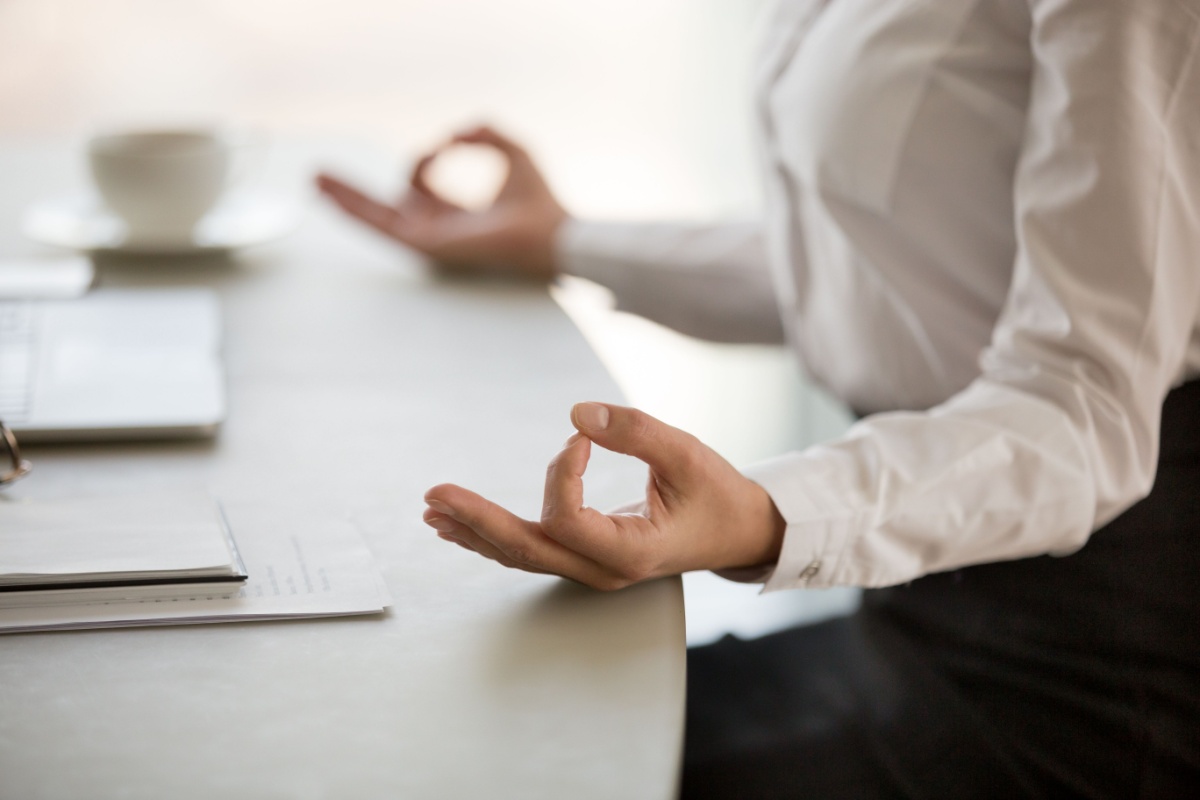After successfully completing your rehabilitation for problem gambling, you might find yourself asking, “What’s next?” How do you make sure that the healthy habits and coping mechanisms you learned during treatment stay with you in your everyday life? Post-rehabilitation life can indeed feel like a journey of its own, marked by unique challenges and victories. However, it’s also an opportunity to embrace new patterns and find healthier responses to daily stresses and triggers. Let’s take a closer look at this journey and explore the various aspects of life after rehabilitation.
Managing (and Avoiding) Potential Relapses
One of the most daunting prospects after rehabilitation is the possibility of relapse. While this word might evoke fear, remember that relapses aren’t a sign of failure or a guaranteed outcome. For some, they may be part of the recovery process, a stumbling block on the path to long-term change.
But post-rehabilitation, you may still have fears about relapses and what you can do to avoid situations that put you in the line of fire. The key to managing potential relapses lies in being proactive rather than reactive. Stay vigilant about your emotional and mental state. Regular self-check-ins can be a powerful tool, helping you recognize early signs of relapse and take appropriate action before things escalate. Also, look back at the skills and tools you acquired during your treatment. These are your armor and your guide, equipping you to navigate through challenging moments.
Don’t Forget Your Triggers
During rehabilitation, you may have discussed your triggers or things that prompt you to engage in gambling behaviors. These may include specific people, places, or situations that remind you of gambling and trigger the urge to gamble again. Every person’s experience with problem gambling is unique, as are the triggers that could lead to old habits. Identifying and avoiding these triggers is a crucial step in maintaining your progress after rehabilitation.
Once you’ve identified your triggers, you can actively work towards avoiding them. If avoidance isn’t possible, having a plan in place to manage these triggers effectively can be immensely helpful. This plan could involve reaching out to a support person, engaging in a healthy distraction, or practicing mindfulness techniques.
Keep in Touch With Your Support Systems
Support systems play an invaluable role in maintaining progress after rehabilitation. Whether it’s friends, family, or a professional network like a counselor or support group, these individuals provide strength, motivation, and perspective when things get tough.
Staying connected with this network can help you navigate the ups and downs of life after rehabilitation. They can serve as a reminder of your progress, offer advice when faced with challenges, and provide a safe space for you to express your thoughts and feelings freely. You can even get support for your friends and family that helps them better navigate your situation and keep you in the right state of mind post-rehab.
Dealing With Your New Emotions and Revelations About Yourself
Rehabilitation is often a time of self-discovery. You may find yourself experiencing emotions more intensely or uncovering aspects of your personality that you hadn’t noticed before. This newfound self-awareness is a normal part of the journey and can be both enlightening and overwhelming.
Embrace these revelations. They offer valuable insight into your personal growth and development. Be patient with yourself as you navigate these new emotions and traits, and remember that understanding oneself better is a critical step toward becoming the person you’re destined to be.
Learn to Resolve Unpleasant Emotions in a Better Way
Life is filled with a range of emotions, and not all of them are pleasant. However, it’s not the emotions themselves but how we respond to them that determines our well-being. For some people, problem gambling started off as a cover for some deeper emotions they were not willing to address. It could be feelings about their parents separating, the passing of a loved one, the loss of a very important relationship with a friend or a significant other, or even more minor situations. Regardless, even after you recover from problem gambling, you’ll have to deal with these emotions head-on. Fortunately, there are plenty of ways to do so.
This could involve mindfulness practices, such as meditation or deep-breathing exercises, physical activity like yoga or running, or creative outlets such as painting or writing. Or maybe it just means having discussions about how you feel with friends or family or people who understand the situation. The key is to find what works best for you and make it a regular part of your routine. These coping strategies can act as a buffer, helping you navigate difficult emotions without resorting to old habits.
For More Information, 800-GAMBLER Is Here to Help
You’re not alone on this journey. If you need more information, advice, or support, 800-GAMBLER is ready and willing to assist. We offer a wealth of resources and services designed to help individuals navigate life after rehabilitation from problem gambling. Call our 24/7 confidential helpline at 1-800-GAMBLER for more information, or utilize our information and resources to guide you throughout your recovery and beyond.



